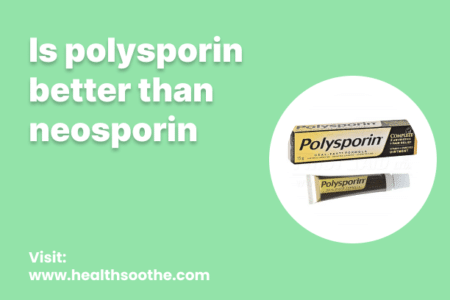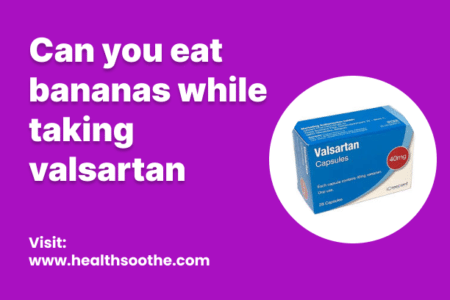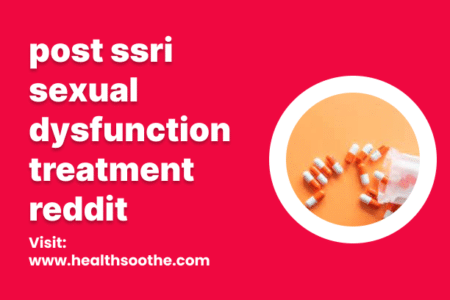Since pineapple contains a lot of fibre and essential vitamins, it appears like a good meal to consume when pregnant.
You may have read that pineapple may trigger contractions to induce labour at a later stage of pregnancy or even result in miscarriage or pregnancy loss at an earlier stage.
Those concerns about eating pineapple while pregnant, however, are absolutely unwarranted.
In actuality, eating pineapple is safe for you during all three trimesters of pregnancy.
According to Shaista Waheed, MD, a [mfn]gynaecologist[/mfn] with 33 years of expertise who is located in Pakistan and a professor, pineapple is a wholesome, safe fruit to consume while pregnant.
It is a fallacy that eating pineapple would result in miscarriage, and there is no scientific proof for this.
The portion of the pineapple we consume does, in fact, contain a very little amount of the enzyme that raises the chance of miscarriage in pregnant women.
Pineapple is safe to consume when pregnant. Find out more information on eating pineapple while expecting.
Pineapple Consumption During Pregnancy
All three trimesters of pregnancy are acceptable for eating pineapple in moderation, and it provides a number of advantages including being high in fibre and vitamins C and B6.
According to Dr Waheed, fruit is a crucial component of the optimum pregnancy diet.
Fruit provides vitamins and minerals that are essential for a baby’s growth and development.
There is no scientific proof to back up the myth that eating pineapple might lead to miscarriage, despite what you may have been told.
This is a widespread misconception, perhaps because pineapples contain the digestive enzyme bromelain, according to registered dietitian Brianne Thompson, MS, RD, CD, who specialises in prenatal nutrition.
Large doses of bromelain have been proven to raise the chance of miscarriage, but because pineapple contains such little amounts of the compound, there is no need to be concerned.
In fact, some people note that the centre of the pineapple, which we don’t consume, contains the majority of the bromelain present in the fruit.
While it is not recommended to eat pineapple for breakfast, lunch, and supper, it is safe to do so in moderation.
Bromelain pills shouldn’t be used when pregnant since they may result in excessive bleeding, but pineapple is safe, according to Dr Waheed elucidates
Despite the fact that pineapple contains bromelain, a single serving won’t have an impact on your pregnancy.
Is the Baby Safe Here?
A growing newborn may consume pineapple in moderation without any harm. Pineapple’s vitamins promote the growth and wellness of the foetus.
Pineapple Benefits for Pregnancy
A healthy pregnancy may be supported by the various beneficial qualities of pineapple.
Has anti-inflammatory qualities
Although bromelain may cause miscarriage in big doses, pineapples contain just a little quantity of this digestive enzyme, which offers advantages such as anti-inflammatory effects.
This is advantageous to your general health, but it may be particularly advantageous when you are pregnant.
The chance of mental illness or issues with brain development in your unborn child rises if you are inflamed throughout pregnancy.
Additionally, reducing inflammation can help you feel your best since it may lessen the discomforts of pregnancy.
Includes fibre
Additionally, a wonderful source of fibre is pineapple. As Thompson notes, constipation is a frequent problem throughout pregnancy. 8
Maintains Hydration
Since pineapple contains 87% water, it is vital to prevent dehydration during pregnancy.
Although it’s still necessary to drink lots of fluids, its sweet flavour may make it simpler to ingest than downing additional glasses of plain water.
Beneficial Source of Vitamin B6
Vitamin B6 is plentiful in pineapple. According to Thompson, the growth of the brain depends on this necessary vitamin.
Additionally, vitamin B6 insufficiency is more prevalent in pregnant women, therefore it’s critical to raise your consumption via meals and vitamin supplements.
Excellent Source of Vitamin C
Vitamin C, which is abundant in pineapple and supports a robust immune system.
According to Dr Waheed, one cup of pineapple has the required amount of vitamin C for pregnant women every day.
Safety Measures
Although pineapple is typically healthy, pregnant women should take a few safety measures.
Sensitivity to pineapple
You may have a pineapple allergy, and although it’s less prevalent as you get older, you can have a food allergy at any moment.
After eating pineapple, get immediate medical attention if you have a painful or burning tongue, itchy or swollen lips, tongue, or throat, or any other unusual symptoms.
If you have any anaphylactic symptoms, such as wheezing, coughing, vomiting, diarrhoea, or low blood pressure, contact an emergency number and see a medical professional about whether you should continue eating pineapple or avoid it going forward.
Read Also: Health Benefits of Pineapple and Reason to Eat more Pineapple.
Obstetric Diabetes
Yes, there are sugars found naturally in pineapple.
The fruit’s sugar level shouldn’t be an issue as long as you eat it fresh and in moderation.
However, consuming too much pineapple may raise your risk of gestational diabetes if you also consume a lot of fruit or other sweets, or if it is canned or juiced.
This is particularly true if your risk of gestational diabetes is already elevated.
Heartburn
Heartburn may be triggered by pineapple. This is due to acidity. One of the most typical pregnancy problems is heartburn, and as the pregnancy goes on, its frequency rises.
Avoid overeating pineapple, suggests Dr Waheed, since it may cause acid reflux or heartburn when consumed in big quantities.
Try combining pineapple with something else, such as toast, cereal, or brown rice, advises Thompson, if you like pineapple but discover that it gives you heartburn.
Thompson advises attempting short, frequent meals rather than the typical three bigger meals per day, keeping upright after meals, and drinking fluids between meals rather than with them if you get heartburn.
It’s interesting to note that pineapple may sometimes ease heartburn. This is due to the fact that bromelain contains anti-inflammatory qualities as well.
Conclusion
During pregnancy, pineapple is seen as both useful and safe. There is no scientific proof to back up the stories you may have heard that eating pineapple causes miscarriage.
Bromelain, a digestive enzyme found in pineapple, has been linked to miscarriage when consumed in high doses, but the quantity found in pineapple is too little to have any discernible effect, and the majority of it is contained in the stem, which we don’t eat.





